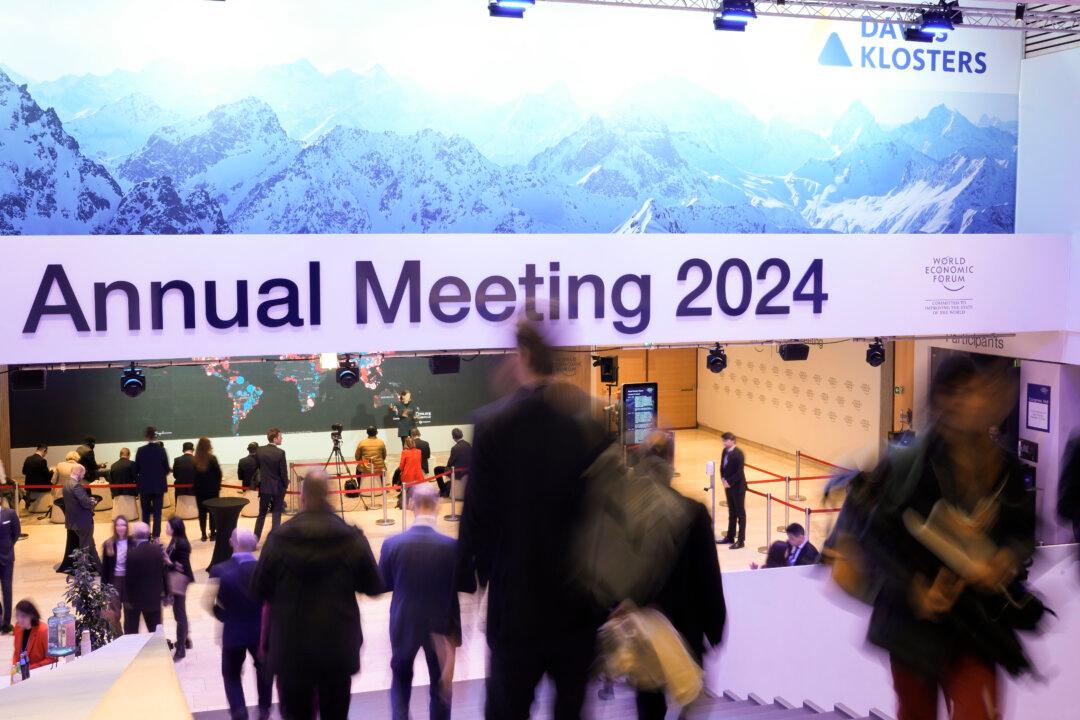Deputy Prime Minister Chrystia Freeland told an audience in Davos that “all” of Canada’s manufacturing must be retooled to make way for the energy transition.
“I think that right now we’re living through a moment which is comparable only to the industrial revolution itself, in terms of the energy transition and the way we need to retool all of our manufacturing,” said Ms. Freeland on Jan. 18 while attending the annual World Economic Forum (WEF) meeting that takes place in Davos, Switzerland.





